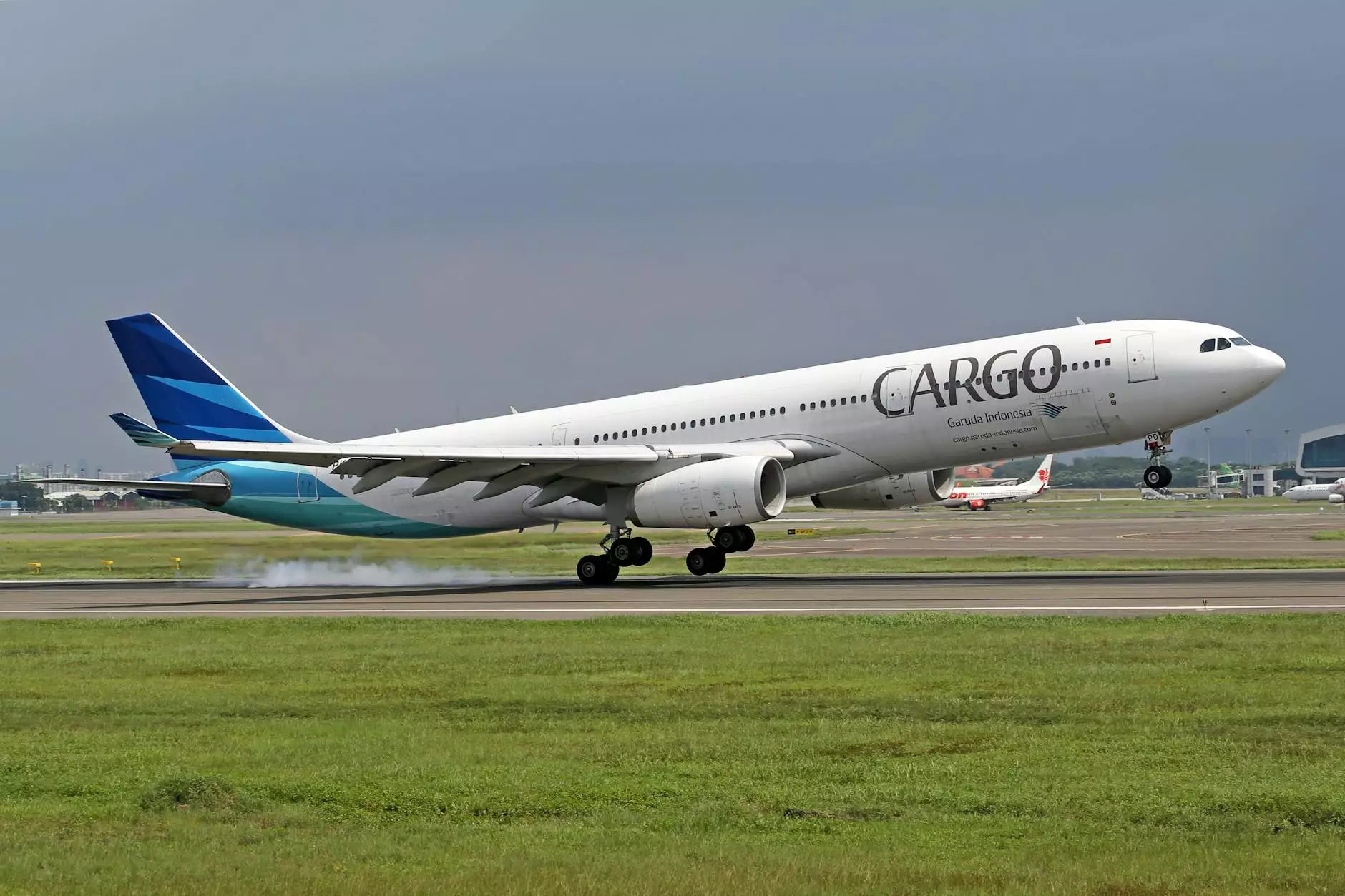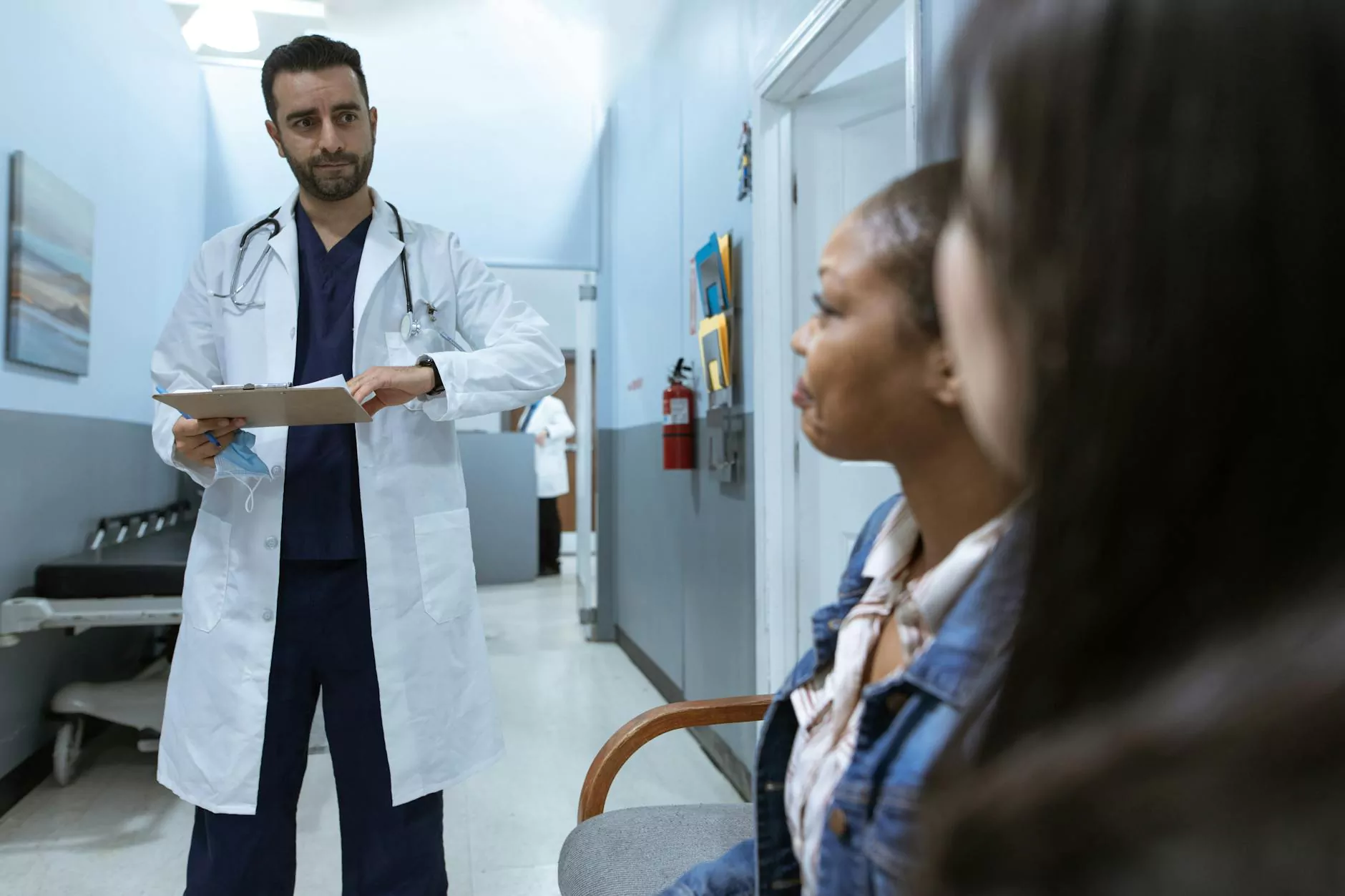The Integral Role of **Lung Specialists in Singapore**

In a city as vibrant and fast-paced as Singapore, maintaining optimal respiratory health is crucial. As environmental challenges, lifestyle choices, and the prevalence of respiratory diseases rise, the need for dedicated professionals such as lung specialists in Singapore becomes increasingly important. This article delves deep into the essential functions of lung specialists, the common conditions they treat, and how they significantly contribute to enhancing public health in Singapore.
Understanding Lung Specialists
A lung specialist, or pulmonologist, is a medical doctor who specializes in diagnosing and treating diseases related to the lungs and respiratory system. With rigorous training in lung health, they are equipped to tackle various conditions affecting the respiratory system, offering both preventive and therapeutic interventions.
Why Seek the Expertise of a Lung Specialist?
Respiratory problems can manifest in numerous ways, ranging from mild to severe. Here are some compelling reasons why consulting a lung specialist in Singapore is beneficial:
- Comprehensive Diagnosis: Lung specialists are trained to conduct detailed evaluations and provide accurate diagnoses for complex respiratory issues.
- Advanced Treatment Options: They are abreast of the latest treatments, including medications, therapies, and surgical options available for various lung diseases.
- Management of Chronic Conditions: Many patients in Singapore suffer from chronic respiratory diseases; specialists offer ongoing management to improve their quality of life.
- Preventive Care: Lung specialists provide essential guidance on lifestyle changes and preventive care to reduce the risk of respiratory diseases.
Common Conditions Treated by Lung Specialists
1. Asthma
Asthma is a prevalent condition in Singapore, exacerbated by environmental factors and allergens. Lung specialists employ various treatment plans, including inhalers and lifestyle adjustments, to help patients manage their symptoms effectively.
2. Chronic Obstructive Pulmonary Disease (COPD)
COPD is a significant health concern, often caused by smoking or prolonged exposure to pollutants. The intervention from a lung specialist is crucial for comprehensive management, which may include medications, pulmonary rehabilitation, and, in severe cases, surgical options.
3. Lung Infections
Infections like pneumonia and tuberculosis require immediate medical attention. Lung specialists are skilled in identifying the type of infection and determining the most effective treatment protocols.
4. Lung Cancer
Lung cancer is a dire condition that necessitates early detection and intervention. Specialists play a critical role in diagnosis, staging, and developing individualized treatment plans, which may include chemotherapy, radiation, or surgical approaches.
5. Interstitial Lung Disease
This category encompasses various lung disorders that affect the tissue around the air sacs. Early diagnosis and management by a lung specialist can greatly improve outcomes.
Diagnostic Tools Used by Lung Specialists
To effectively diagnose and treat respiratory conditions, lung specialists in Singapore utilize a variety of advanced diagnostic tools:
- Chest X-rays: These are essential for visualizing the lungs and detecting abnormalities.
- CT Scans: High-resolution imaging provides detailed views of lung structures, aiding in precise diagnosis.
- Pulmonary Function Tests: These tests assess lung capacity and how well oxygen moves into the blood, helping to evaluate conditions like asthma and COPD.
- Bronchoscopy: This procedure allows specialists to look inside the airways and lungs directly, often used for diagnosis and treatment.
Advancements in Lung Health Treatments
The field of pulmonology is rapidly evolving with advancements in technology and treatment modalities. Here are some recent developments that are making a significant difference in respiratory care:
1. Targeted Therapies
For conditions like lung cancer, targeted therapies are tailored to the genetic makeup of the tumor, leading to more effective treatment with fewer side effects.
2. Biologics
For asthma and other allergy-related conditions, biologic medications can offer relief by targeting specific pathways involved in inflammation.
3. Telemedicine
With the increasing demand for convenience, many lung specialists now offer telemedicine consultations, ensuring patients receive quality care without the need to visit in person.
Improving Respiratory Health in Singapore
Beyond the expertise of lung specialists, improving public respiratory health requires a multi-faceted approach:
1. Public Awareness Campaigns
Educating the public about respiratory diseases, their risk factors, and the importance of early diagnosis can significantly improve health outcomes.
2. Smoking Cessation Programs
Implementing effective smoking cessation programs is crucial in combating respiratory diseases, especially in combating COPD and lung cancer.
3. Clean Air Initiatives
Addressing air quality issues through clean air initiatives can help reduce the incidence of respiratory problems, especially in urban areas.
4. Healthy Lifestyle Advocacy
Encouraging a healthy diet and regular physical activity plays a vital role in maintaining good lung health, particularly in preventing chronic diseases.
Conclusion
The role of lung specialists in Singapore is indispensable in combating respiratory health issues. Through their expertise, they provide critical care, innovative treatments, and valuable education to enhance lung health in the community. As we navigate challenges such as pollution and lifestyle-related diseases, collaboration between specialists and the public can pave the way for a healthier future.
To explore more about lung health, treatment options, and other related services, consider visiting HelloPhysio.sg. Engaging with dedicated healthcare professionals will ensure you receive the best care tailored to your needs.









